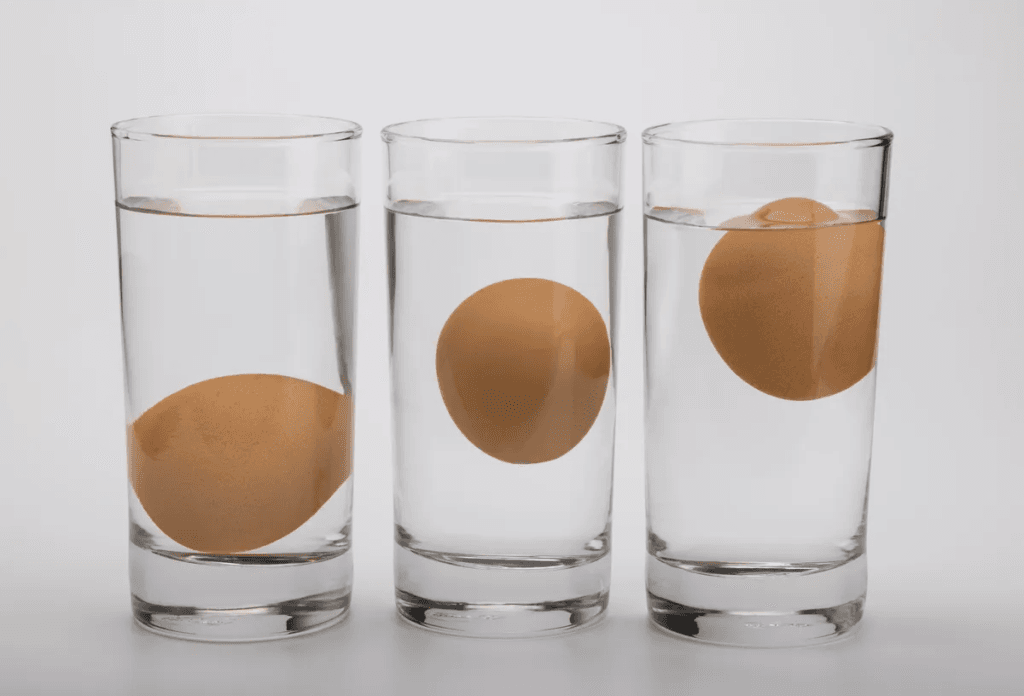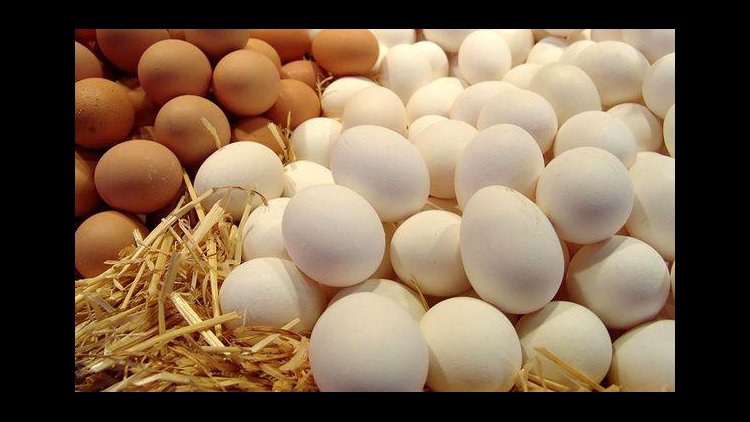Eggs stay fresh longer than you might expect, even though they eventually go bad. Many people ask about egg freshness to avoid wasting food and money. With inflation on the rise, 93% of Americans worry about grocery prices, and 77% experience “sticker shock” when shopping, according to a CNET survey. Stretching every dollar—including on eggs—has become increasingly important.
To help you make the most of your eggs, we spoke with a food safety expert about proper storage and safe consumption.
How Long Do Eggs Stay Fresh in the Fridge?
Eggs typically remain fresh for three to five weeks when refrigerated, according to the US Department of Agriculture (USDA). Many stay safe one to two weeks beyond that if kept consistently cold, says Zachary Cartwright, a food scientist at Aqualab by Addium and a member of the Institute of Food Technologists.
To maximize freshness, store eggs in their original carton with the pointed end down. This keeps the air cell at the top, slowing moisture loss and helping maintain yolk position.
The storage location in your fridge also matters. Keep eggs in the coldest part, not the door, since temperature fluctuations can shorten shelf life.
Cooked eggs last about a week in the fridge, according to the USDA.
Why Do We Refrigerate Eggs?
In the U.S., eggs require refrigeration due to the washing process that removes their natural protective coating. Without this layer, eggs become more vulnerable to bacteria. In contrast, many other countries leave eggs unwashed, allowing them to remain at room temperature.
Once eggs are refrigerated, they must stay cold to prevent condensation, which can encourage bacterial growth. The USDA also recommends refrigerating freshly gathered eggs as soon as possible to maintain safety.
How to Test Egg Freshness at Home

Not sure if your eggs are still good? Try the float test with a glass of cold water.
- Fill a large glass with water.
- Gently drop the egg inside.
- Good egg: Sinks and lies flat.
- Older egg: Sinks but stands upright. Use soon.
- Bad egg: Floats. Discard immediately.
“This test works because air builds up inside the egg as it ages, making it more buoyant,” Cartwright explains.
Even if one egg in a carton passes, others may not. Check each egg individually and always sniff after cracking. A strong, sulfur-like odor means the egg is bad. Also, watch for unusual colors like pink, green, or an iridescent sheen, which can indicate bacterial contamination.
Should I Wash Store Bought Eggs?
No. It’s not necessary or recommended for consumers to wash commercially packaged eggs, and it may actually increase the risk of contamination because the wash water can be “sucked” into the egg through the pores in the shell. When the chicken lays the egg, a protective coating is put on the outside by the hen. Government regulations require that egg processors carefully wash and sanitize USDA-graded eggs using only compounds meeting FDA regulations for processing foods and at temperatures that prevent wash water from being “sucked” into the egg.

Is the Best-By Date on Eggs Accurate?
Best-by dates serve as guidelines rather than strict expiration limits. Eggs stay fresh often one to two weeks beyond the printed date if properly refrigerated.
“As eggs age, their quality diminishes. Whites may become thinner, and yolks may lose firmness, but they can still be safe to eat,” Cartwright says.
Understanding Egg Dates
- Sell By Date – The last day stores should sell the eggs. They stay fresh 3-5 weeks beyond this if refrigerated.
- Expiration Date (EXP) – The last date retailers can sell them. Eggs are often still good beyond this.
- Pack Date (Julian Date) – A three-digit number (001-365) indicating when eggs were packed. For example, 032 means February 1st. Eggs stay fresh 4-5 weeks past this date.
How Long Can You Trust Eggs After the Date?
- Refrigerated eggs (unwashed, in-shell): Stay fresh 3-5 weeks beyond the printed date.
- Unrefrigerated eggs (common in some countries): Last 1-2 weeks at room temperature.
Will Eggs Stay Fresh in the Freezer?
Yes, but not in their shells. Instead, crack and beat them together before freezing. You can also freeze yolks and whites separately.
According to the USDA, egg whites freeze best, as their texture remains unchanged. Yolks require salt, sugar, or corn syrup to prevent thickening. To portion them, freeze eggs in ice cube trays or muffin pans. Properly stored, frozen eggs stay good for up to a year.
By following these storage and testing tips, you can enjoy fresh eggs longer and reduce waste.
Also read: Cracking the Myth About Eggs: How to Know the Differences
Sources:
CNEThttps://www.cnet.com/home/kitchen-and-household/do-eggs-go-bad-heres-how-long-you-can-keep-them-in-the-fridge/

